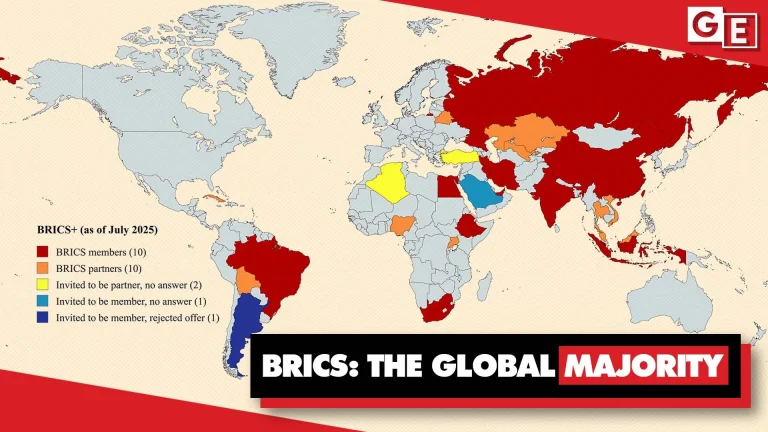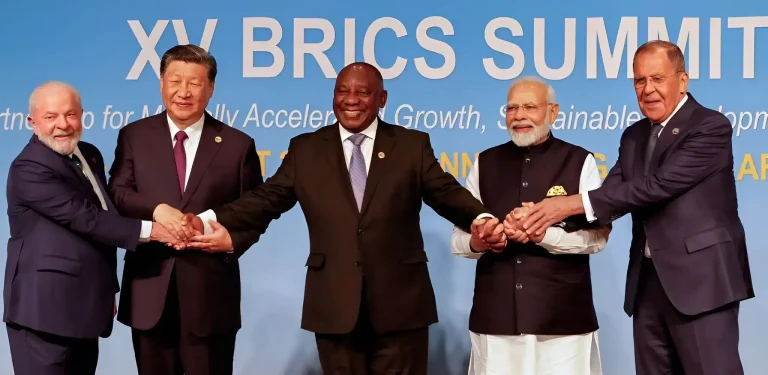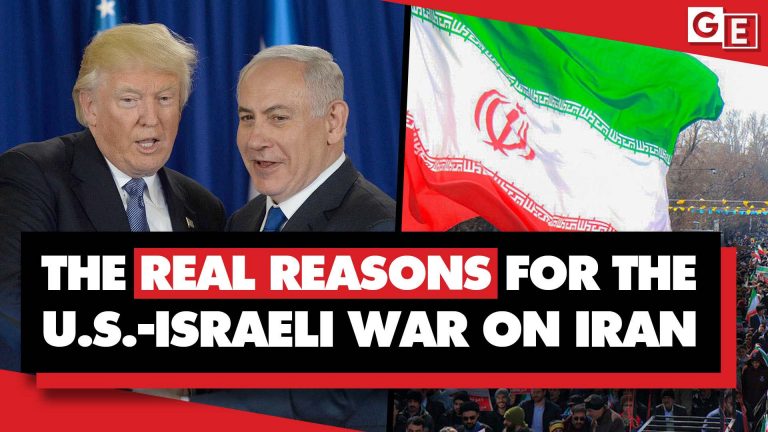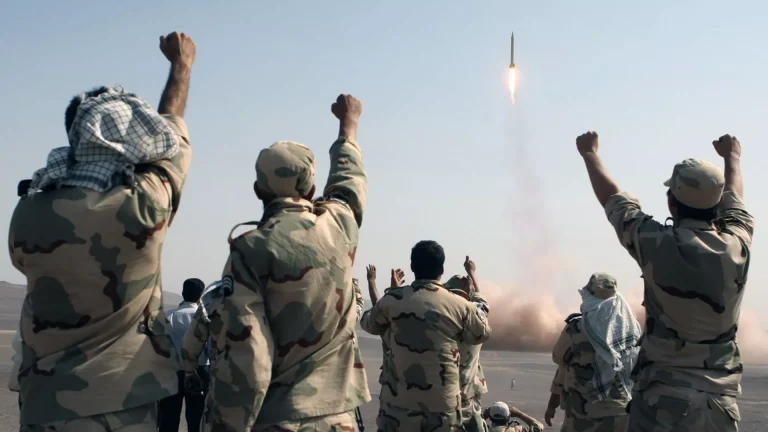BRICS Expands To 56% Of World Population, 44% Of Global GDP
The Global South-led organization BRICS continues to expand.
While the United States and Israel were busy waging war on Iran in June, BRICS quietly announced that Vietnam had accepted the group’s invitation to join as a partner country.
With the addition of Vietnam, the extended BRICS+ has 20 members and partners, as of July 2025.
The 10 BRICS members are Brazil, Russia, India, China, South Africa, Egypt, Ethiopia, Indonesia, Iran, and the United Arab Emirates.
The 10 BRICS partners are Belarus, Bolivia, Cuba, Kazakhstan, Malaysia, Nigeria, Thailand, Uganda, Uzbekistan, and Vietnam.















